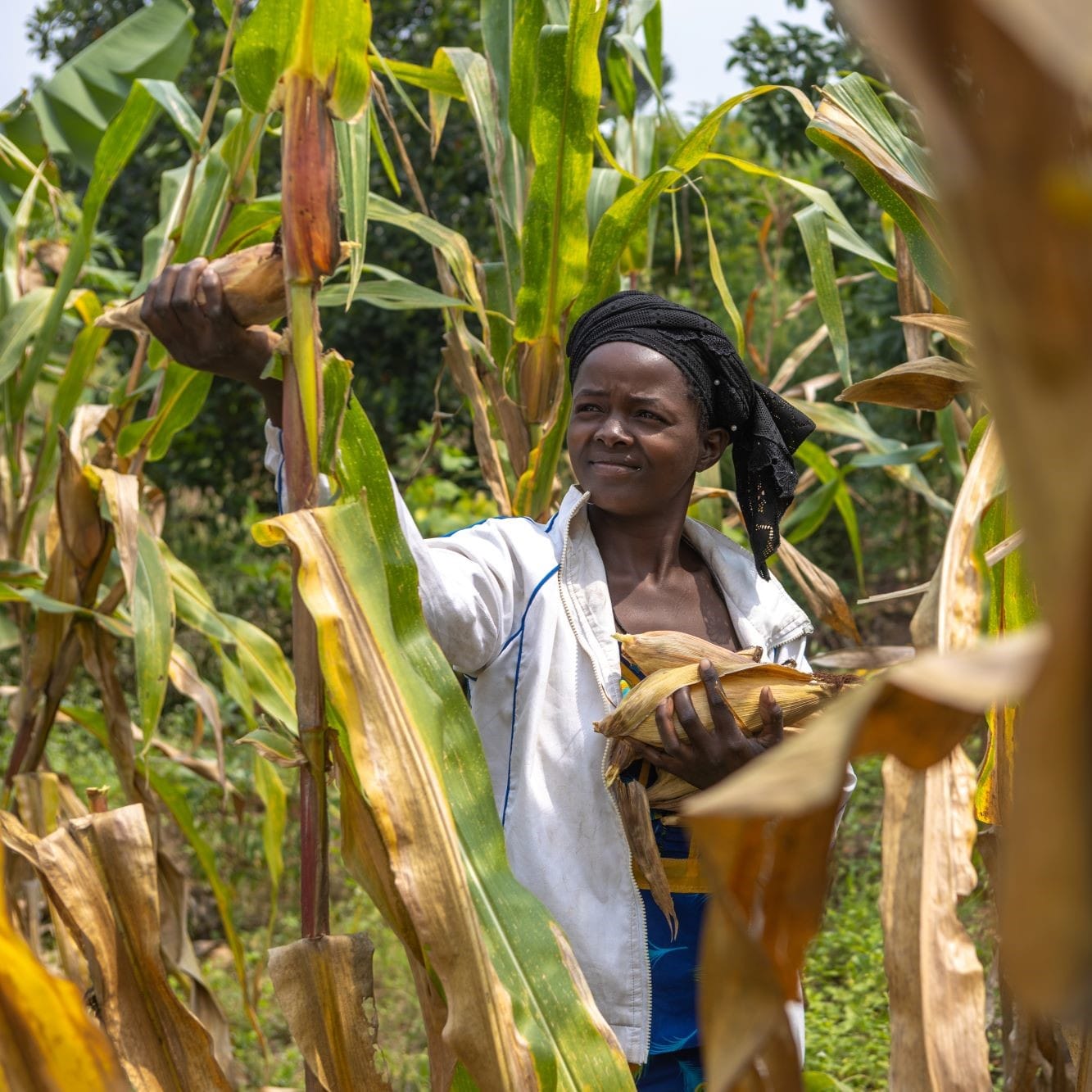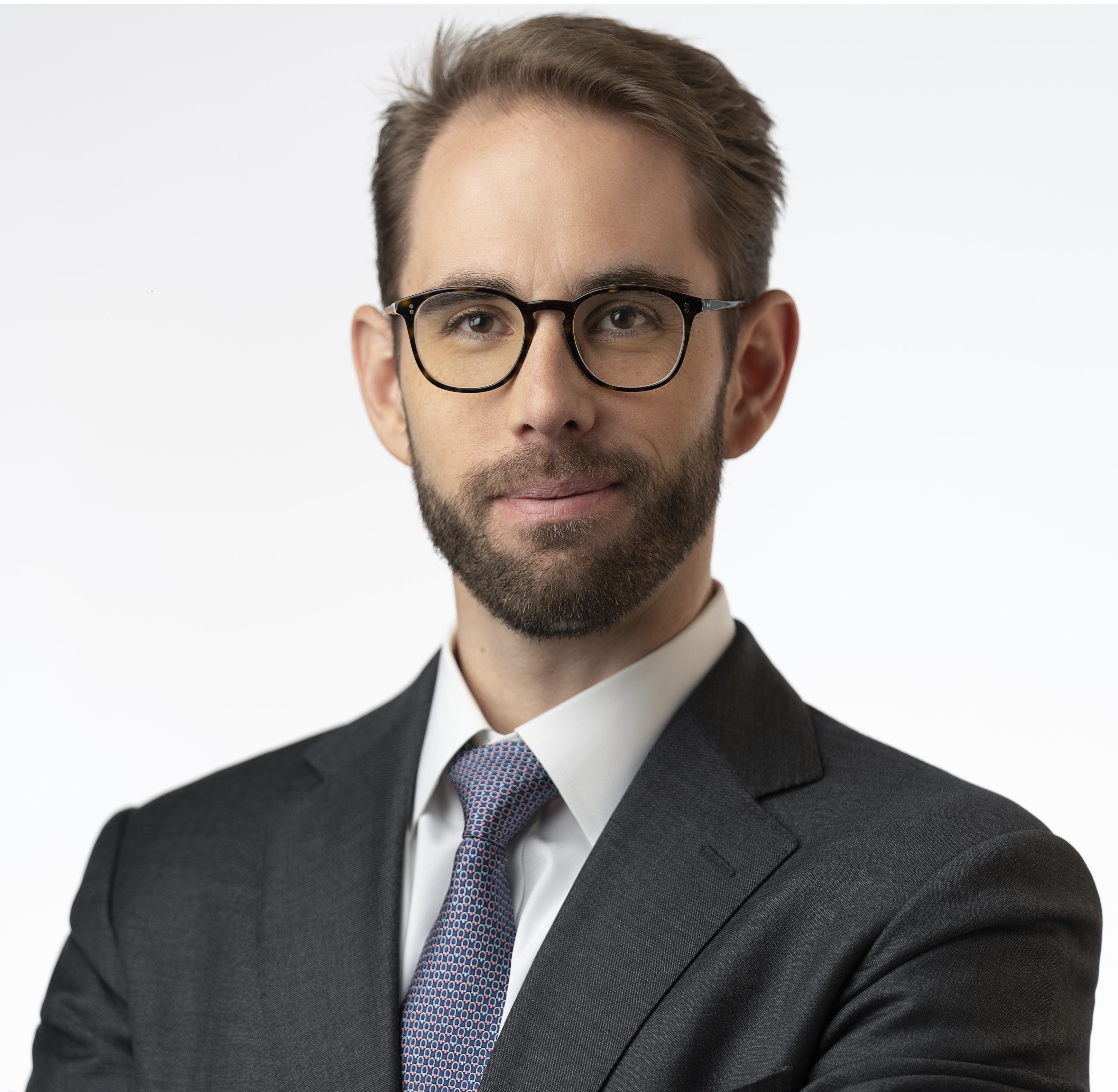Editor’s Note: This interview is part of a series on Women in Development highlighting the role women play in DAI’s work around the globe. The Q&A was conducted by DAI Communications Specialist Sara Lehman.
What attracted you to working in international development?
From a young age, my parents’ influence made me realize I wanted to work overseas. My hippie parents lived all over Pakistan, Afghanistan, India—driving a van, camping, and really living among the people. What struck me most were their stories about living in 1970s Afghanistan. I was so curious to work in Afghanistan and see this country for myself.
Development has been an amazing fit for me. I love being tied to something tangible. You get to see results and problem solve every minute. Every country presents such different capacities.

What is the most interesting place or situation your career has brought you to?
I lived in Eastern Afghanistan for six years and fell in love with the people—their hospitality and the way they embrace you, even as a woman. I worked with more than 100 male colleagues over six years. At the beginning, no one talked to me; they were very respectful and shy. Over time, they would approach me with problems and questions, and then, slowly, I became like family. These men are very cultured and educated, but their wives don’t work. So it was an important role for me to navigate because they had high expectations of me, as a western, foreign woman. I had to be warm, but simultaneously respectful and appropriate.
What was one of the toughest moments you’ve encountered?
We had a young staff member who was doing a great job and getting promoted. The Taliban came to his house and demanded money. Later, they found him and killed him. Losing really great staff, like this young man and like Linda Norgrove, is devastating.
When you commit to working in Afghanistan, you know the risks are high. But the rewards are high as well.
What are you most passionate about?
I think often we don’t even appreciate how much of an impact we have among our local staff. Developing a sound workforce is one of our lasting impacts in a country. In Afghanistan, we had some bright, young staff members for whom we provided recommendations for their Fulbright scholarship applications. They were able to study in the United States and then return to Afghanistan and open their own successful consulting company. It’s our job to help our local staff move their careers forward.

If you could go back in time to when you were just starting, what advice would you give yourself?
To be more professional. You come out of college and it’s your first office job, you don’t think about the little things, like getting to the office early every day. Women need to be more serious because they get unfairly judged. I don’t think my experience is unique. I was being passed up for assignments that men were getting. I had to put myself out there and show I was able to take on more.
Women need to be better self-promoters. I don’t think I learned that until I came to DAI where you have to do that because the company is so big. Being a better self-promoter is partially about having a sound manager who can challenge you, and also inner confidence.
Who is your biggest role model?
My former boss at DAI, Jonathan Greenham. He embodies the exceptional development professional. Not only does he know how to test the pH balance of soil, but he cared so deeply about his staff and was so committed to improving people’s lives. He worked tirelessly for meaningful results, balancing client relationships with sound development strategies. That balance of technical and human skills and caring deeply for the beneficiaries and staff really set the bar for me in my career.
Female executives are also very inspiring, particularly in a male-dominated environment. Betsy Marcotte, the former DAI senior vice president, is one of the best female executives I have met in this field. Being simultaneously fair, tough, and human is challenging and she was all of those things. She handled her work and its challenges with such professionalism, humanity, and grace.

Do you think women’s participation in the development profession is important—not just through more gender-sensitive programming, but also in terms of female representation?
Women’s participation in the development workforce is crucial. In many of the countries where we work, very few of the women have had the same education opportunities as men. We need to invest in women through study tours, training, mentorship, to continue building their skills and confidence. As managers, it’s our responsibility to make deliberate efforts to include women as much as possible. That’s the best investment you can make because it will impact their entire family and community.
We had to make a conscious effort to hire more women in Afghanistan. It’s going to take a woman who is a good Muslim, wife and mother, and earning an income as a professional to change communities’ perceptions about women’s roles. On our team, we had 10 of these women, who did great work every day while dressed in a full burka. It takes time, but their children and their communities see these women and perceptions will slowly change.
Female chiefs of party and technical leaders are great role models for these women. Honestly though, I’m disappointed how rare good female managers are. The development community as a whole needs to address this. Now that I’m in a management position, wherever I can, I try to promote and elevate the females on my team.
Do you think there are specific advantages to being a female development professional?
In the field, sometimes we women can relate better. Women are interested in hearing about your children and family, asking questions about home life. Just as much as we’re curious about them, they’re curious about us. Who cooks your food? Who is taking care of your children? I doubt they are asking my male colleagues the same questions. You get invited to their homes for dinner and these women who may be completely covered in the office, can literally let their hair down with you.
Through these conversations about our lives and families, we develop a bond and understanding of each other that is often missed between male colleagues.





